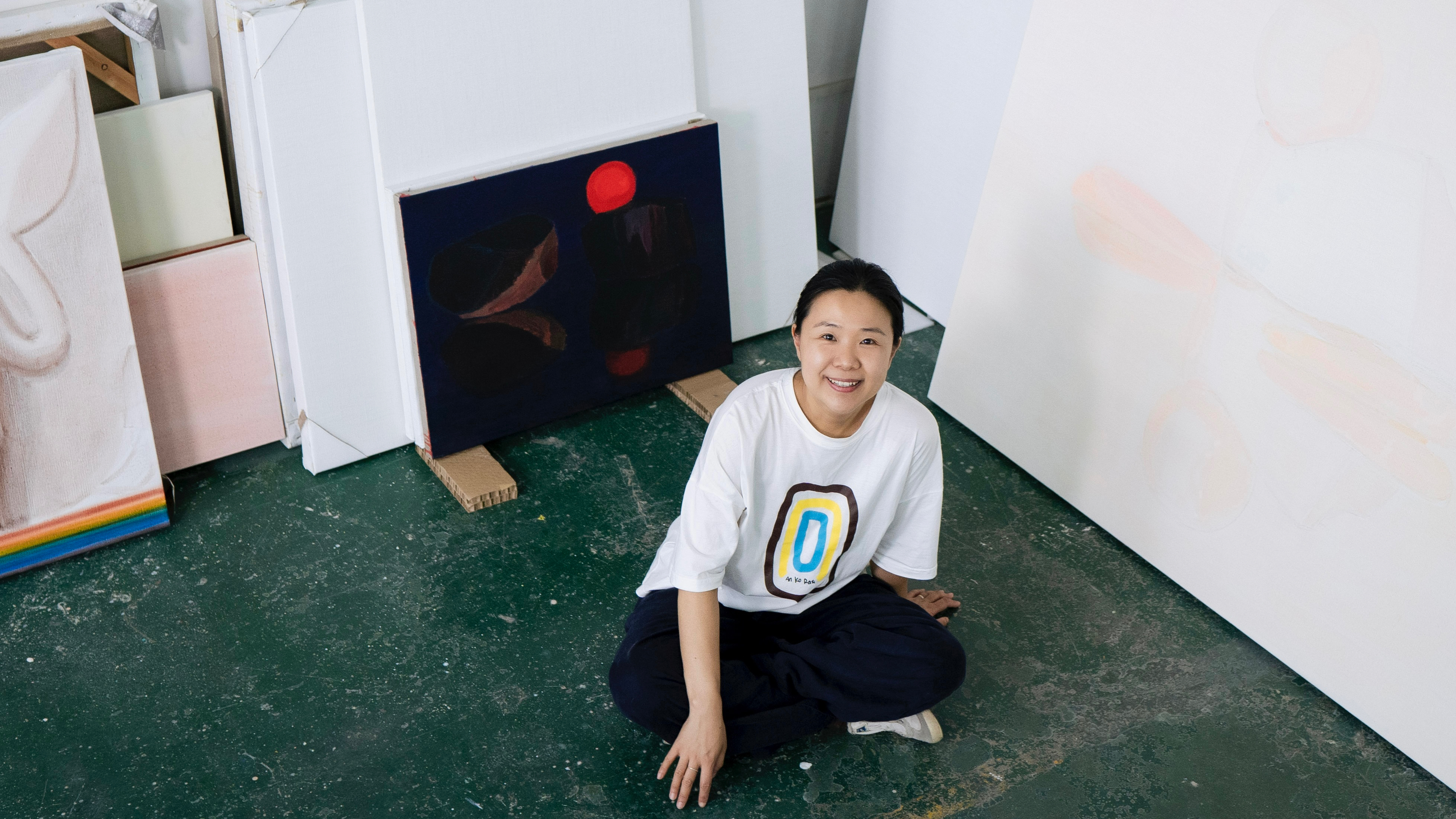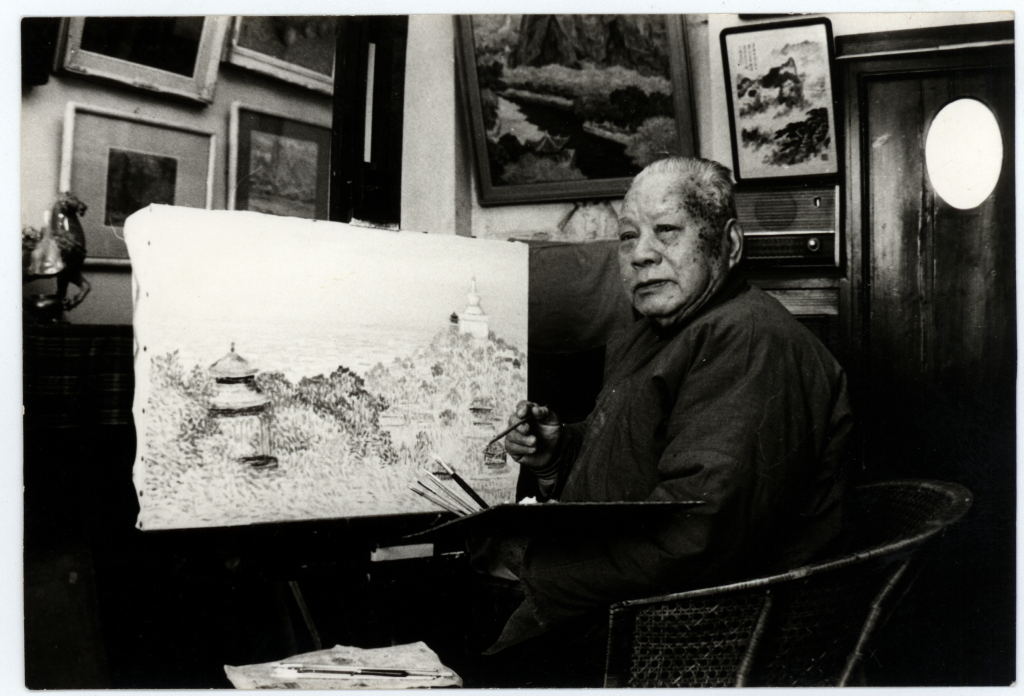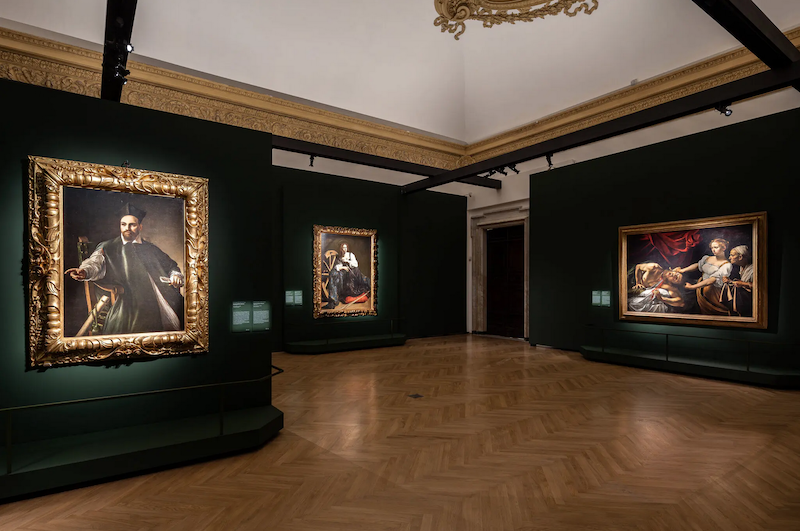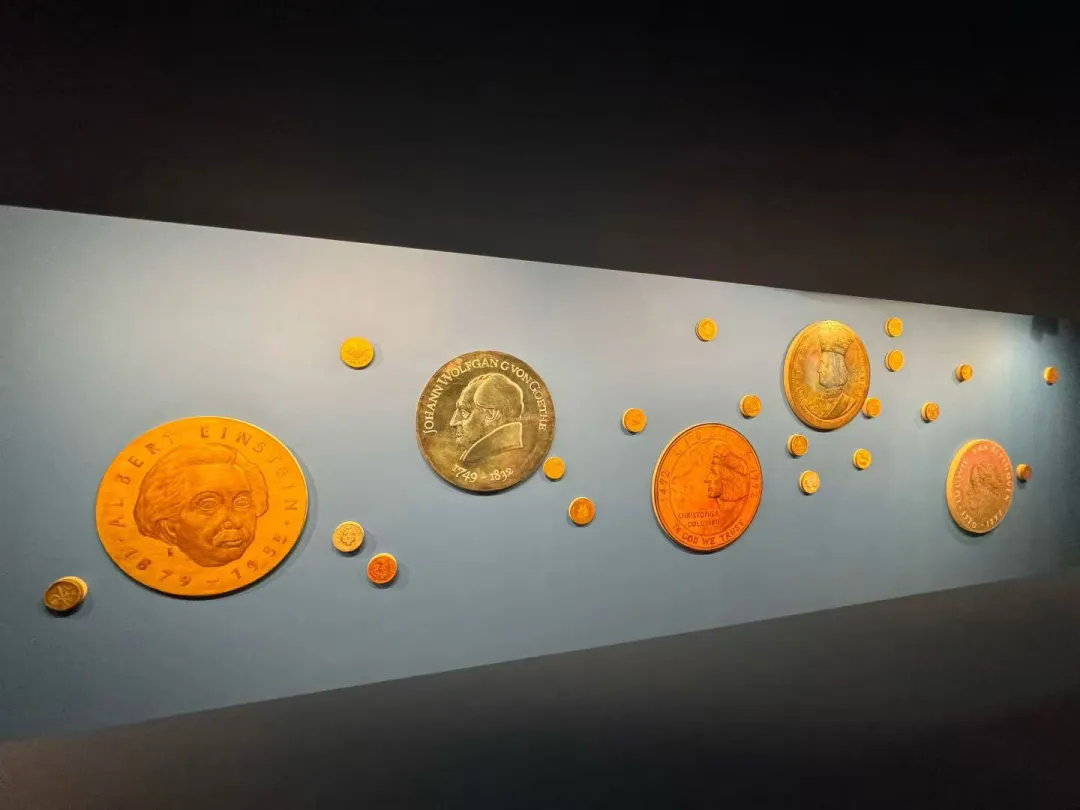
"Prayer," the work that went viral online during this year's art academy graduation season, was shown last week at the "Art Shanghai" exhibition. Its popularity stems not only from its realistic painting techniques but also from its reflection on consumerism. In "Parliament of Things: Xu Jie's Solo Exhibition," currently on view at the Hongyi Art Museum in Shanghai , the artist's work also reflects profoundly on contemporary consumerism.

Works on display: Oil paintings from the Currency series
Born in the 1980s, Xu Jie graduated with a degree in liberal arts from the State Academy of Fine Arts in Münster, Germany, in 2023. She creates most of her work in Germany, adept at combining diverse everyday objects with canvas paintings to create diverse installations. This exhibition, titled "Parliament of Objects," continues the research direction of Xu Jie's 2024 solo exhibition, "Scattered Components," in which she explored the relationship between "components" (objects) and people in consumer society.

Xu Jie and her works
In this new exhibition, she attempts to rethink these "objects" of consumption through her artistic creations. The artist transforms the museum's boxy space into a folding container capable of housing artistic imagination. Within this container, all objects viewed become props, and the audience becomes part of the "object." A spirit level, placed in a specific location within the museum as a "guide" in the exhibition hall, originally used to calibrate "balance," becomes a lens through which to examine the artistic scene.
In the consumer society that transforms everything into "usefulness", coins are simplified into symbols of exchange, packaging boxes become cultural carriers, geometric shapes become standardized containers, and the brushstrokes of art masters become specimens in textbooks.
The creases on the wall create a unique geometric beauty, yet the stability of form can never constrain the flow of meaning. Currency, art, and faith are all games in which humans "assign value" to the world. From cardboard boxes in Tokyo to afterimages in Athens, from Lichtenstein's brushstrokes to Columbus's currency, artists' creations constantly navigate the interplay of "dismantling" and "reconstruction." Xu Jie explained that the exhibition title, "Parliament of Objects," implies that various objects engage in equal dialogue in a democratic chamber, disrupting traditional order and hierarchy. In this work, by liberating objects from everyday life, which should be displayed according to established rules, they acquire new symbolic meaning and expressive value.
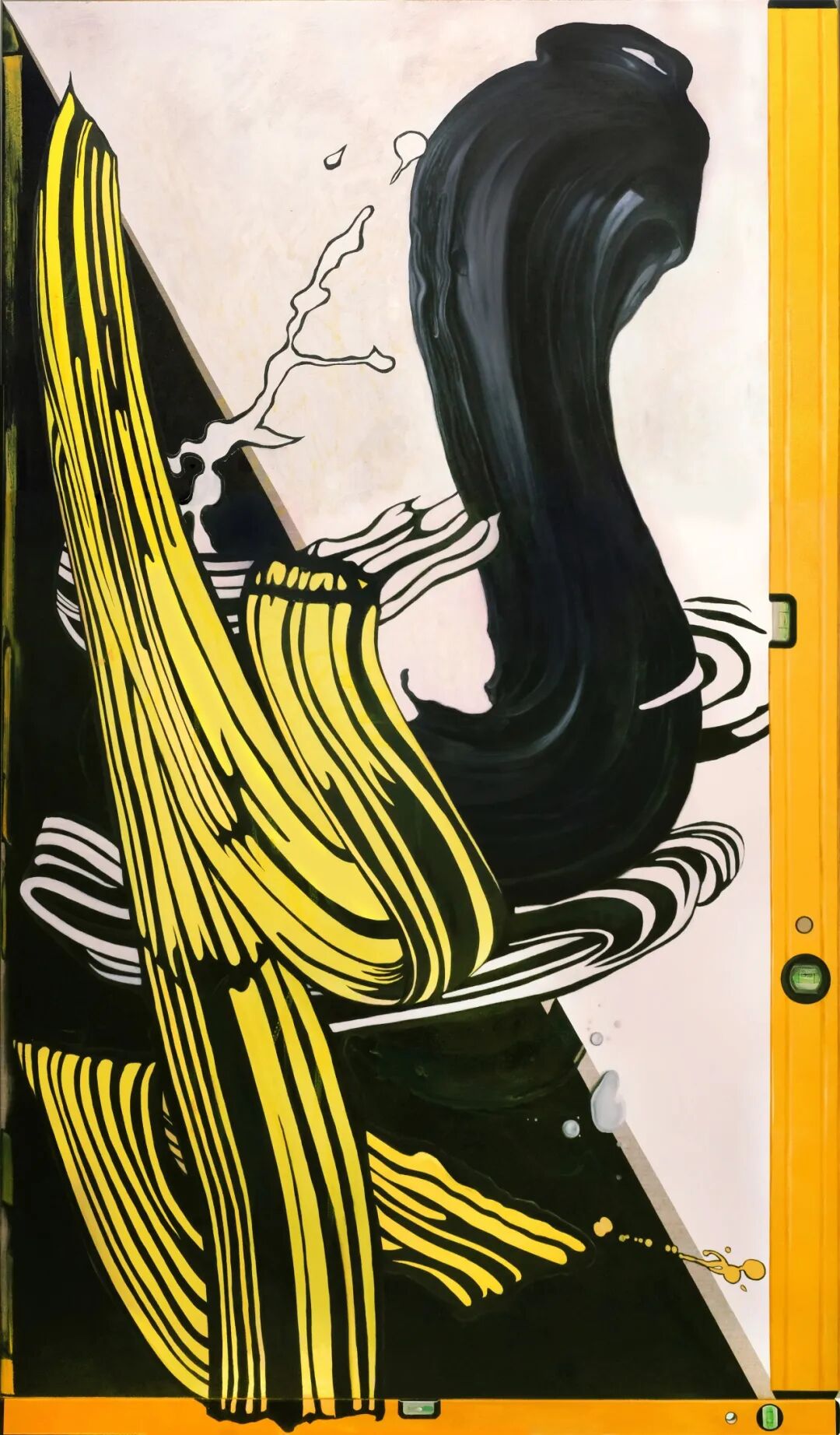
Practice Strokes 1, 205x120cm, oil on canvas, 2024
As the curator said, in this "parliament", nothing is purely "useful" or "useless", and the value of objects is no longer solely defined by the functionalism of consumer society.
In a consumer society where everything is transformed into "usefulness," young artists are demonstrating sharp critical thinking. Her previous work, "You Can't Buy the Moon," cleverly incorporated the connection between Chinese artifacts and European museums by incorporating late Qing Dynasty lattice windows into the installation. This work questioned Western colonial culture and its plunder of other civilizations.
From Xu Jie to An Qi's oil paintings, a younger generation of artists is closely connecting personal experiences with social realities. They address social issues such as cultural heritage, environmental protection, and the ethics of science and technology, attempting to deconstruct them using brushes, materials, and AI technology. The greatest significance of these works lies in provoking audiences to reflect and question consumer society.
- avCAHlDMO09/10/2025
